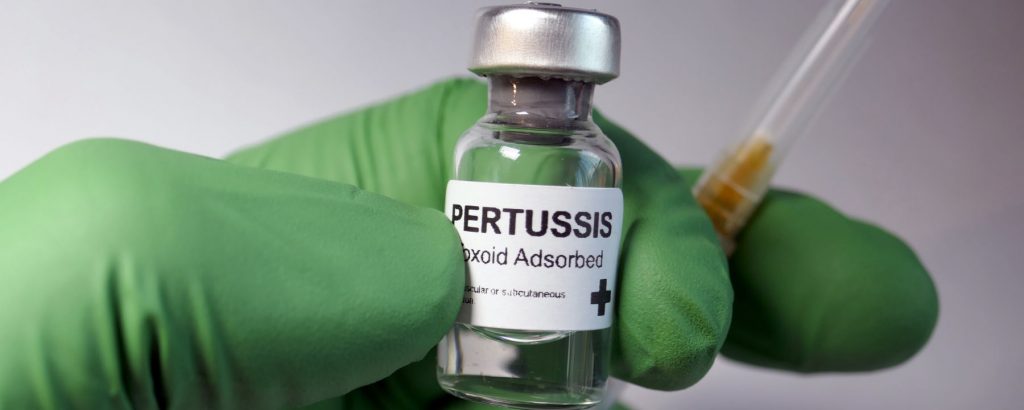According to the World Health Organization, cases of pertussis, also known as whooping cough, reported in the US increased from fewer than 8,000 in 2000 to more than 20,000 in 2015. One hypothesis is that the switch from a vaccine containing whole Bordatella pertussis cells to an acellular version with pertussis antigens—a change that happened in the US around the year 2000—might be to blame.
In a study published in March in Science Translational Medicine, though, researchers attributed the disease’s rise to a combination of not enough people getting vaccinated and vaccine-based immunity waning over time, albeit much more slowly than other studies have suggested. They found no evidence that the switch in vaccine type drove the resurgence.
Now, another group of scientists is challenging the mathematical models and conclusions from the March study, which they say are inconsistent with observational data. The critics advocate for further research to figure out what’s responsible for the rise in whooping cough.
In the study published in March, Pejman Rohani, an epidemiologist at the University of Georgia, and colleagues designed mathematical models using data about pertussis incidence collected in Massachusetts between 1990 and 2005. The models were able to accurately predict real-life pertussis transmission, confirmed by observational data not used to generate them. The result indicated that vaccine-based immunity to pertussis wanes more slowly than previously thought, regardless of whether the vaccinations are whole-cell or acellular type. In other words, the vaccines are fairly durable, and don’t appear responsible for the rise in cases.
“The narrative regarding contemporary pertussis epidemiology, where at the moment everything is blamed on the acellular vaccines . . . is misleading, and it is not supported by facts,” Rohani tells The Scientist…..







